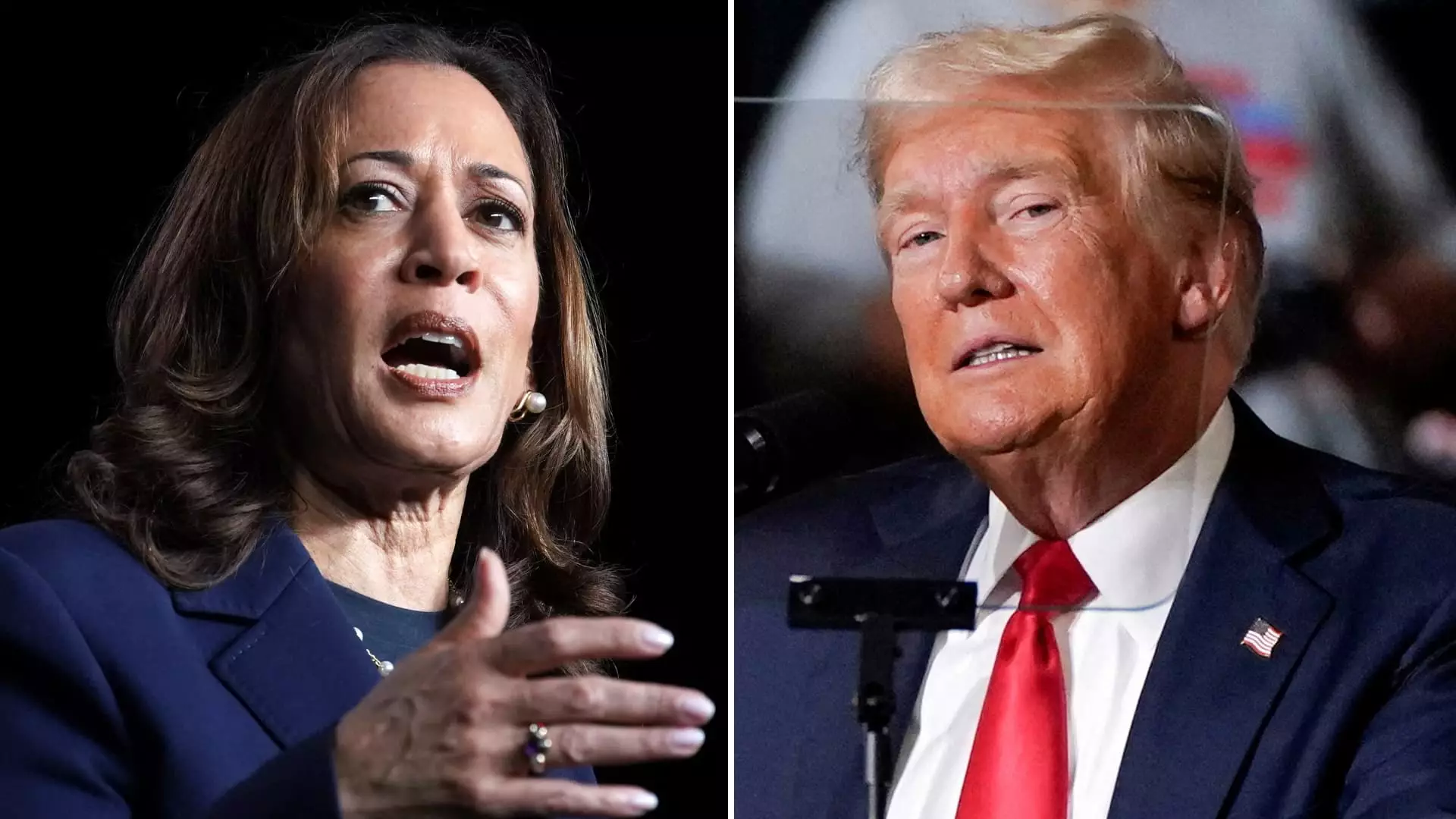As the upcoming presidential election approaches, both former President Donald Trump and Vice President Kamala Harris have unveiled their economic agendas, which include significant tax changes that could have a profound impact on millions of Americans. The Tax Cuts and Jobs Act (TCJA) passed during Trump’s administration will see many of its provisions expire after 2025 if no action is taken by Congress. This could result in over 60% of taxpayers facing higher taxes in 2026, according to the Tax Foundation. Some of the key expiring provisions include lower federal income tax brackets, a larger standard deduction, an increased child tax credit, and more generous estate and gift tax exemptions.
Despite the political rhetoric surrounding the 2017 tax law, there is a significant gap between what has been promised and what may actually happen. Both Democrats and Republicans are likely to agree on extending many of the tax cuts enacted by the TCJA. However, negotiations could be complicated due to concerns about the federal budget deficit. Extending TCJA provisions along with subsidized premiums for health insurance could lead to an increase of nearly $5 trillion in federal deficits over the next decade, according to the Bipartisan Policy Center.
President Trump aims to maintain the individual and business tax cuts put in place by the TCJA. His campaign has promised “big tax cuts for families and small businesses.” On the other hand, Vice President Harris has not directly addressed the extension of TCJA provisions during her campaign. However, President Biden’s economic advisor Lael Brainard has shown support for partial extensions, emphasizing that those with incomes over $400,000 should not benefit from the extension of Trump tax cuts.
Both Trump and Harris have pledged to tackle the budget deficit and have proposed measures to increase revenue. Harris has proposed raising the corporate tax rate to 28%, up from the 21% level established by the TCJA, which could potentially reduce the deficit by $1 trillion over ten years. Meanwhile, Trump has called for significant tariffs on imported goods, which could impact the after-tax income of U.S. households. However, there is skepticism about the effectiveness of tariffs and their potential impact on consumers.
Both campaigns have introduced proposals to eliminate income tax on tip income, particularly in Nevada, a battleground state with a significant service industry. While the idea has garnered some bipartisan support, there are concerns about administrative hurdles and possible abuse of the system. Policy experts have questioned the underlying rationale for this proposal and its potential impact on tax revenue and the economy.
Social Security has emerged as a critical issue for voters in this election. Trump has called for no taxes on Social Security income, while Harris has put forth an economic plan that includes an expanded child tax credit worth up to $6,000 for families with newborn children. Both candidates are addressing key economic issues that resonate with voters, but the challenge lies in getting these tax changes approved by Congress, especially considering the potential shift in House and Senate control in the future.

